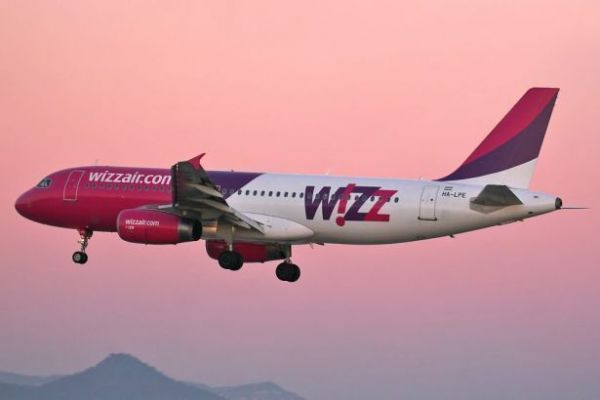Low-cost European airline Wizz Air has said that it has increased its fuel hedge position beyond policy minimum levels over the summer, signalling that it was better protected than it might normally be from last week's surge in oil prices.
Airlines are among the most exposed companies in the corporate world to swings in the price of oil, or the value of the dollars in which it is priced, and normally take steps to offset the risks through hedging operations, where they typically pay a small premium for the right to buy relevant assets under certain conditions.
Wizz, the largest low-cost airline in central and eastern Europe's former communist economies, said that it had used lower fuel prices this year to hedge 77% of its projected jet fuel requirements for fiscal 2020 ending next March and 43% for fiscal 2021.
Its policy minimum levels are respectively 50% for 12 months and 40% for an 18-month horizon.
Aiming To Reduce Short-Term Volatility In Earnings And Liquidity
Wizz, which operates a fleet of 119 Airbus airplanes on 710 routes, said that the aim of the hedging policy is to reduce short-term volatility in earnings and liquidity.
Higher fuel costs and stiffer low-cost competition have already led to a wave of bankruptcies among smaller European airlines in recent years.
Oil prices are up approximately $8 a barrel, or more than 13%, since attacks on Saudi Arabian plants cut the kingdom's output in half and sent global crude prices soaring by as much as 20%.
A report by Bernstein analysts showed that British Airways owner IAG is best hedged, and, among the low-cost carriers, Ryanair is significantly hedged over 12 months, but less so thereafter.
News by Reuters, edited by Hospitality Ireland. Click subscribe to sign up for the Hospitality Ireland print edition.









